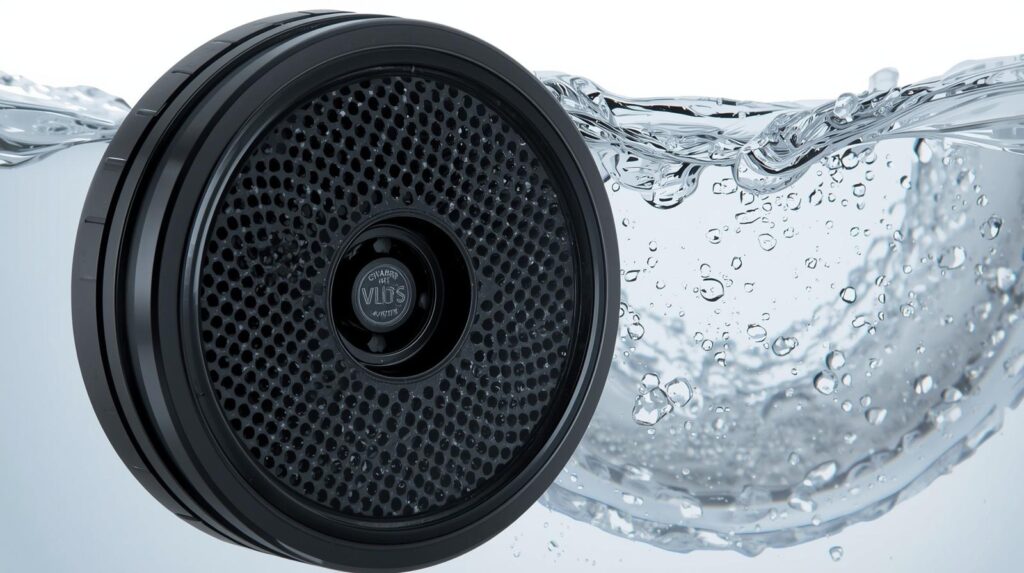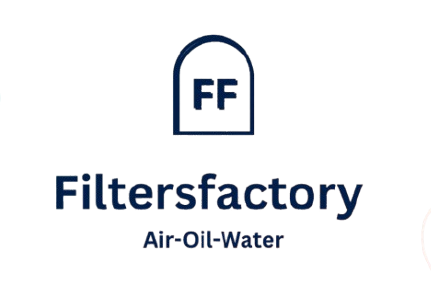Activated Carbon Water Filter The Ultimate Solution for Clean and Safe Drinking Water
Clean and safe drinking water is essential for good health. However, with the increasing levels of pollution, chemicals, and impurities in water, having a reliable filtration system has become a necessity. One of the most effective solutions available today is the Activated Carbon Water Filter. Known for its powerful absorption and purification properties, this filter ensures that the water you drink is not just clean, but also healthy and great-tasting.
In this detailed blog, we’ll explore what an activated carbon water filter is, how it works, its benefits, and why it’s the perfect choice for homes, offices, and industries.
What is an Activated Carbon Water Filter?
An Activated Carbon Water Filter is a filtration system that uses activated carbon (or activated charcoal) to remove contaminants and impurities from water. Activated carbon is a specially treated form of carbon that has a highly porous surface, allowing it to trap and absorb harmful substances from the water.
This filter is widely used in household water purifiers, industrial filtration systems, and commercial setups due to its high efficiency and natural purification process.
How Does an Activated Carbon Water Filter Work?
The working principle of an activated carbon water filter is based on adsorption, not absorption.
When water passes through the activated carbon, contaminants like chlorine, chemicals, and organic compounds stick to the surface of the carbon particles. This process removes bad tastes, odors, and harmful impurities, leaving behind clean and fresh water.
Key Steps in the Filtration Process:
- Pre-Filtration:
Removes larger particles like sand, rust, and sediment to prevent clogging. - Activated Carbon Filtration:
Adsorbs chlorine, volatile organic compounds (VOCs), and chemical pollutants. - Post-Filtration (Optional):
In advanced systems, additional filters (like UV or RO membranes) are used for extra purification.
Types of Activated Carbon Used in Water Filters
There are mainly two types of activated carbon used in water filters:
1. Granular Activated Carbon (GAC):
- Made from natural materials like coconut shells or coal.
- Contains larger granules, allowing water to flow easily.
- Effective in improving taste and removing odor.
2. Carbon Block Filters:
- Made by compressing activated carbon powder into a solid block.
- Provides higher filtration efficiency due to more surface area.
- Ideal for removing smaller particles and chemicals.
Benefits of Activated Carbon Water Filters
Using an activated carbon water filter offers numerous benefits for both health and convenience. Let’s take a closer look:
1. Removes Harmful Chemicals
These filters effectively remove chlorine, pesticides, herbicides, and industrial solvents that can contaminate your water supply.
2. Improves Taste and Odor
Activated carbon eliminates unpleasant smells and bad taste caused by chlorine or organic compounds, ensuring fresh-tasting water.
3. Retains Essential Minerals
Unlike some purification methods that remove beneficial minerals, activated carbon filters retain calcium, magnesium, and potassium, which are good for your health.
4. Environment-Friendly Solution
Since these filters don’t require electricity or chemical additives, they’re a green and sustainable choice for water purification.
5. Cost-Effective and Low Maintenance
Compared to complex systems like RO (Reverse Osmosis), activated carbon filters are affordable, easy to install, and require minimal maintenance.
6. Suitable for Multiple Applications
Activated carbon filters are versatile and can be used in:
- Home water purifiers
- Industrial water treatment plants
- Aquarium filtration
- Air purification systems
Where to Use Activated Carbon Water Filters
Activated carbon water filters are suitable for a wide range of applications, including:
- Residential Homes: For drinking, cooking, and washing.
- Commercial Buildings: Restaurants, hotels, and offices.
- Industrial Processes: Used to purify process water and wastewater.
- Aquariums: Keeps the water clean and toxin-free for fish.
- Food and Beverage Industry: Ensures quality water for production.
Maintenance Tips for Activated Carbon Water Filters
To maintain optimal performance, it’s important to service and replace your filter regularly. Here are a few tips:
- Replace Filter Cartridges on Time:
Depending on usage, replace every 3 to 6 months or as recommended by the manufacturer. - Clean Pre-Filters Regularly:
If your system includes a pre-filter, clean or replace it to prevent clogging. - Check Water Flow:
If the water flow slows down, it’s a sign the filter needs maintenance. - Avoid Overuse:
Don’t exceed the filter’s lifespan; overused filters may release trapped impurities back into the water.
Difference Between Activated Carbon and Other Filters
| Filter Type | Key Function | Removes | Best For |
| Activated Carbon | Adsorption | Chlorine, chemicals, odor | Taste & odor improvement |
| RO Filter | Reverse Osmosis | Dissolved solids, salts | High-purity water |
| UV Filter | Ultraviolet Disinfection | Bacteria, viruses | Microbial purification |
| Sediment Filter | Mechanical Filtration | Dirt, sand, rust | Pre-filtration stage |
While RO and UV filters are excellent for advanced purification, activated carbon filters are perfect for everyday use where chemical removal and taste improvement are key priorities.
Environmental Benefits of Using Activated Carbon Filters
In addition to health benefits, activated carbon water filters are environmentally friendly because:
- They reduce plastic waste from bottled water.
- They don’t use electricity or chemical reagents.
- The carbon material can often be recycled or regenerated.
This makes them a smart choice for eco-conscious households and businesses.
Conclusion
An Activated Carbon Water Filter is one of the most effective, affordable, and eco-friendly ways to ensure clean and safe drinking water. Whether you use it at home or in your workplace, it guarantees improved taste, odor, and purity without removing essential minerals. Its simple design, low maintenance, and high efficiency make it a top choice for modern water purification systems.
Investing in an activated carbon filter means investing in your health, safety, and the environment. So, if you want water that’s fresh, healthy, and free from harmful chemicals — make the switch to an Activated Carbon Water Filter today.


